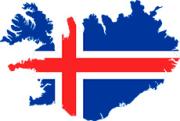
Category:
Time:
The demand for dairy products is growing rapidly, especially in emerging markets. Dairy products are nutrient-rich and, therefore, an important food group for ensuring nutrient security in the future. In many countries, dairy contributes significantly to nutrient intake. Meta analyses have shown that consumption of dairy may reduce the risk of several chronic diseases and thereby lower healthcare costs.
Milk production also has an ecological impact through emissions of greenhouse gas and polluting minerals. Evaluating the position of food groups in a sustainable diet should take all relevant factors into account. The SHARP diet concept provides such an evaluating model by integrating the different factors. A diet should not only be Sustainable (low environmental impact) and Healthy (nutritionally adequate) but also be Affordable (and accessible), Reliable (available and save) and Preferable (cultural acceptable). The position of dairy in the diet will be discussed around these SHARP factors.
The cow is an efficient converter of human-inedible resources into nutrient-dense food. Increased productivity of cows is a decisive factor in realizing sufficient milk production with optimal resource efficiency and minimal greenhouse gas emission. Protein quality is a relevant determinant for land use efficiency and is often neglected in the debate of sustainable food security. Protein is the most important and expensive macronutrient and quality counts, especially in situations where the protein intake is below the recommended level.
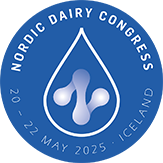






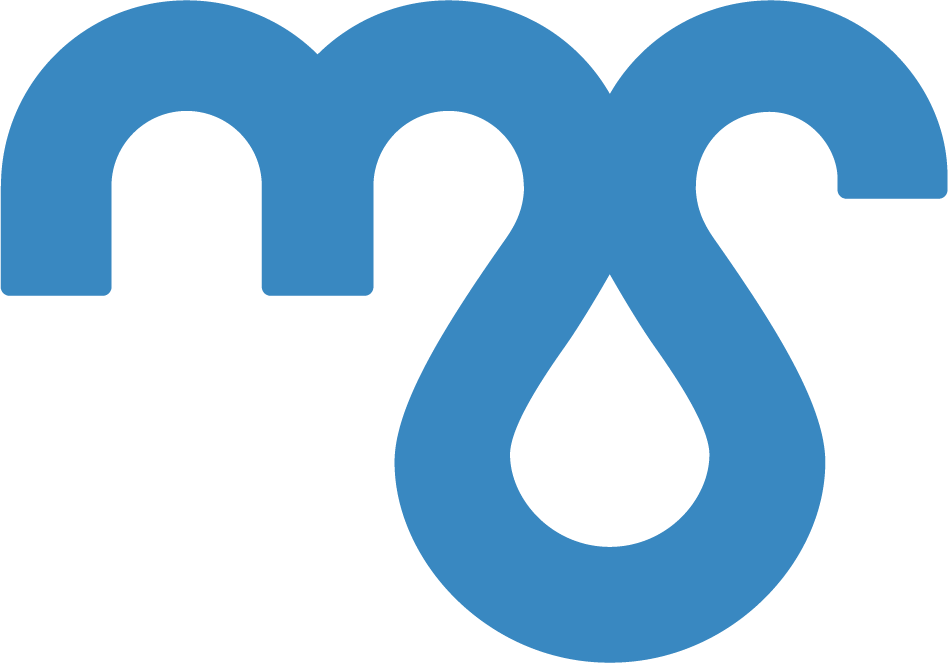





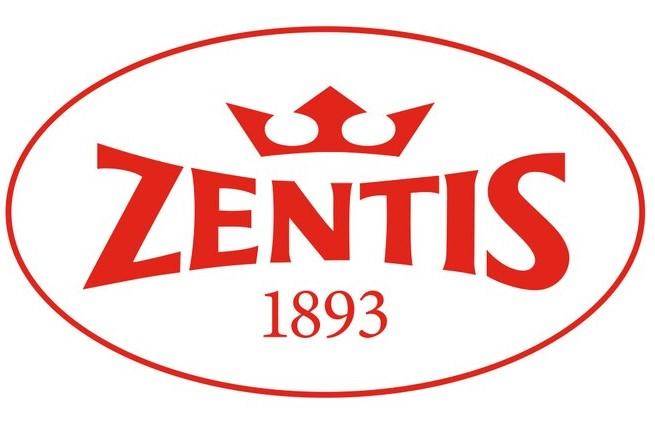
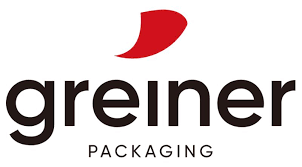
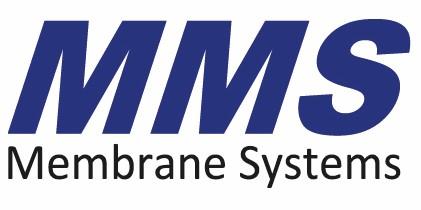


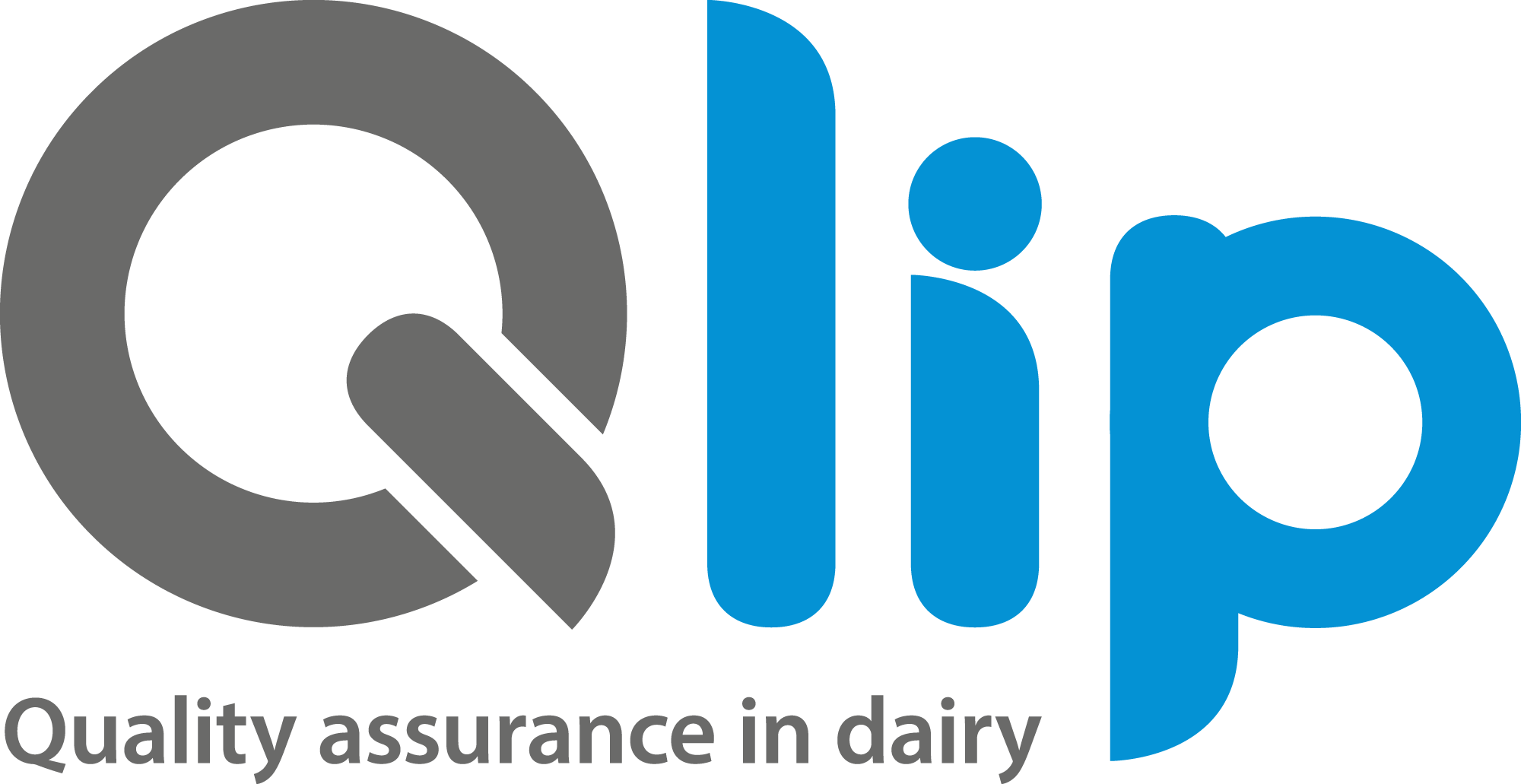
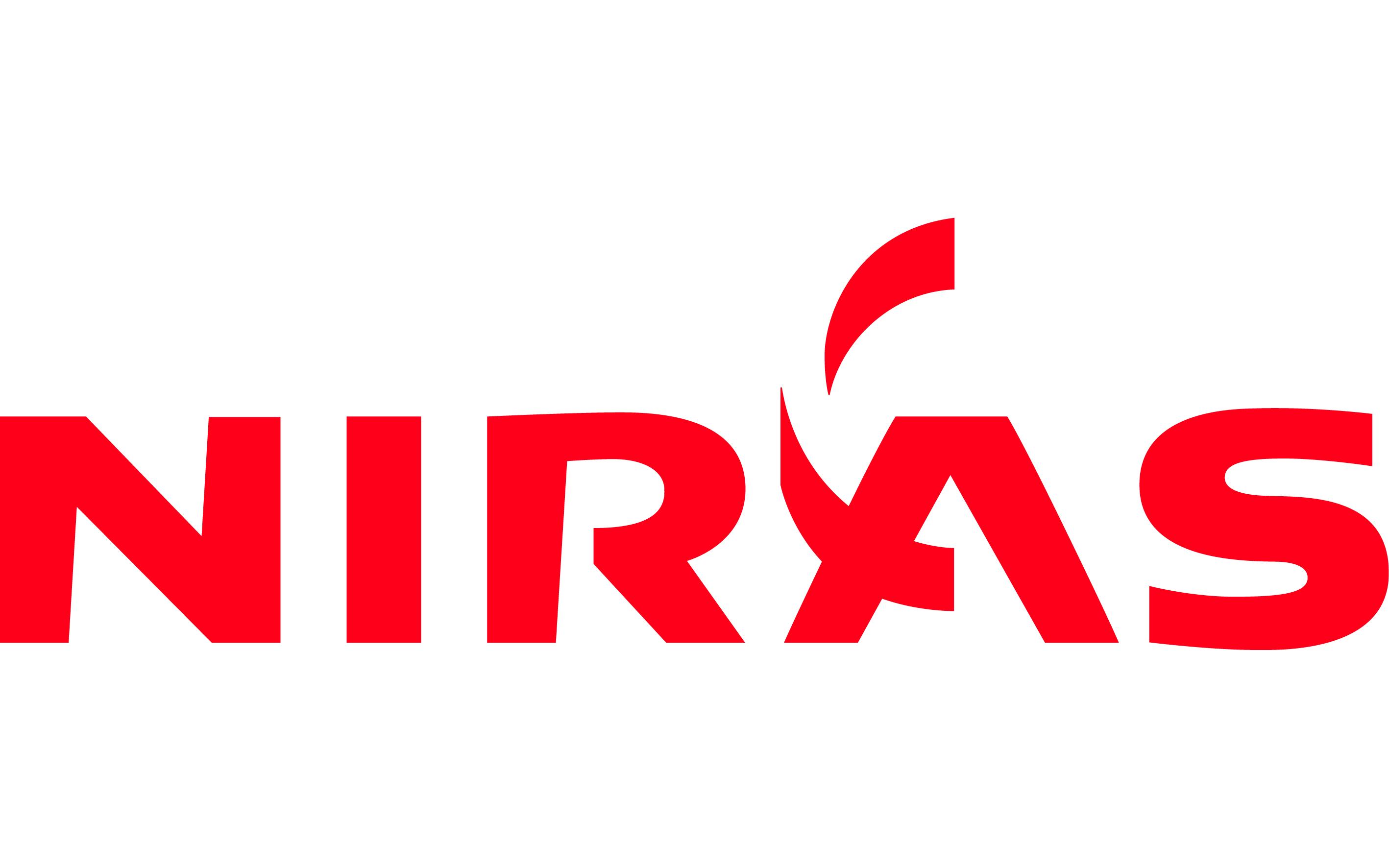


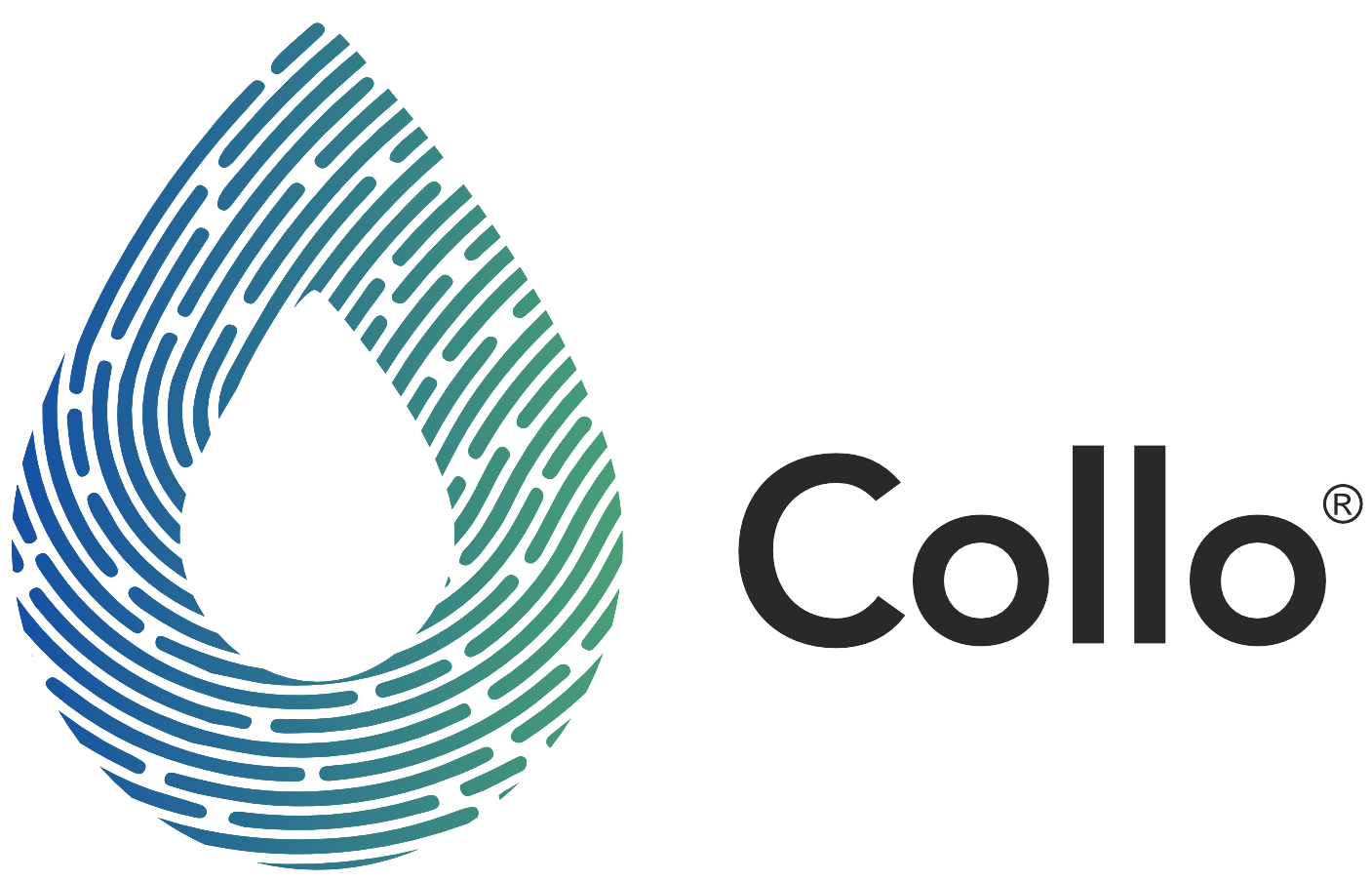
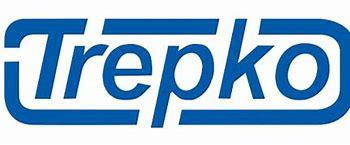





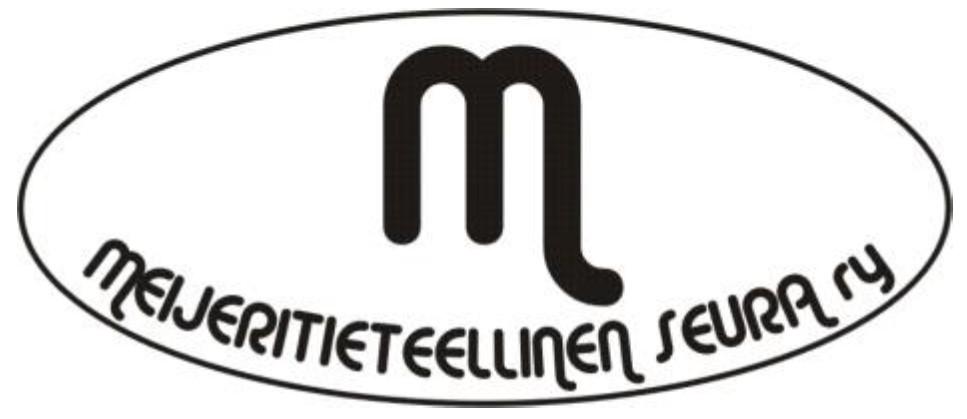
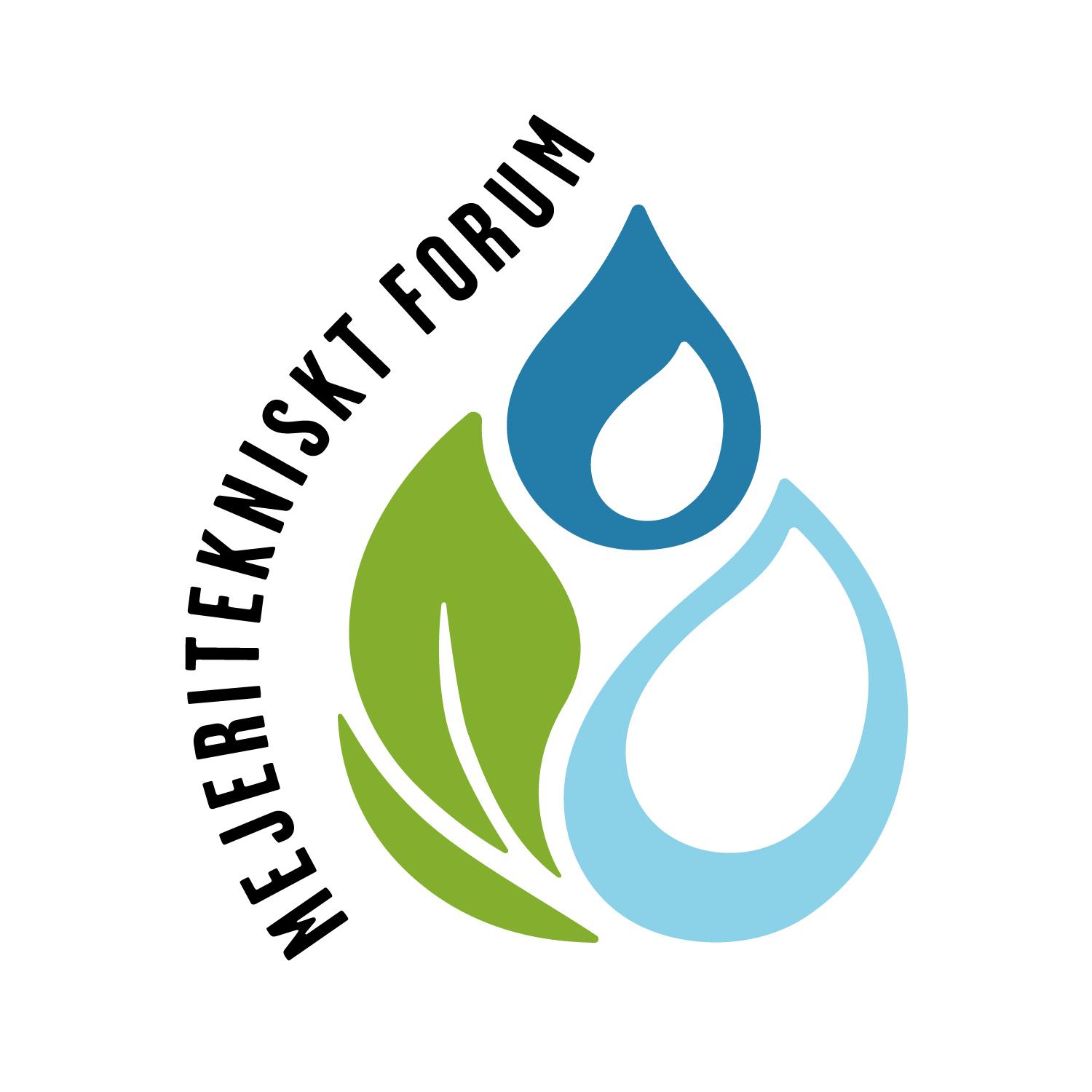
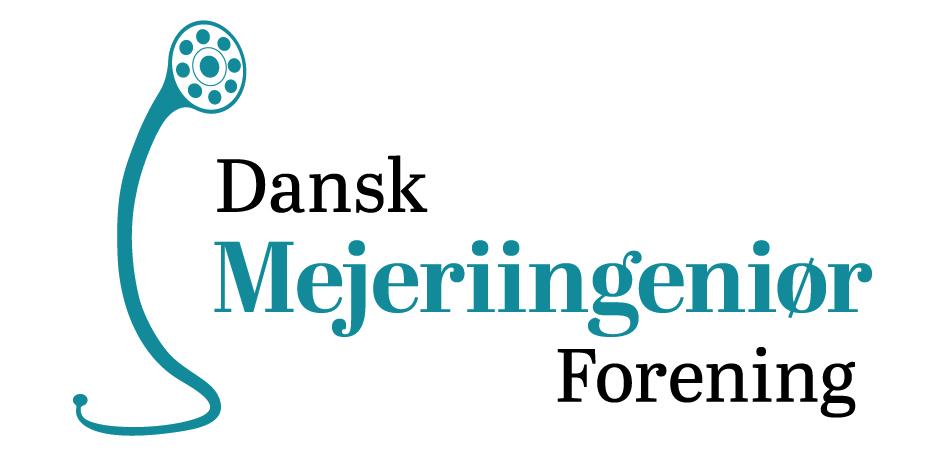
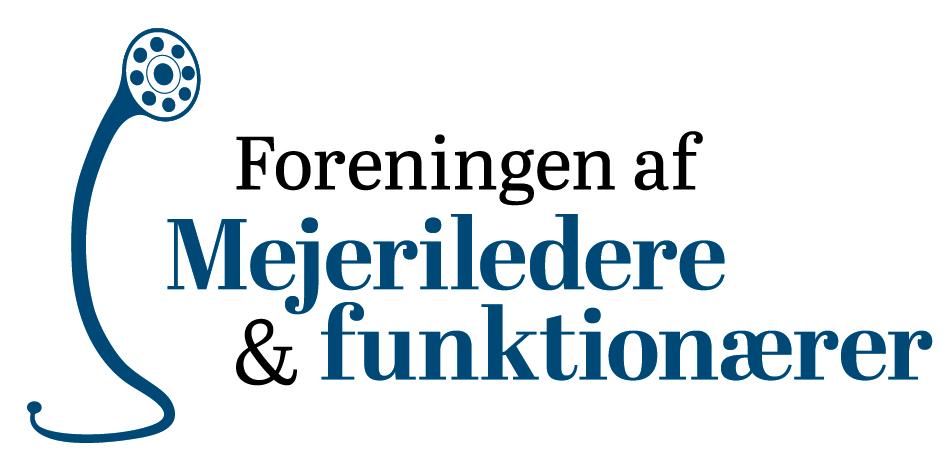



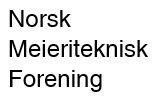
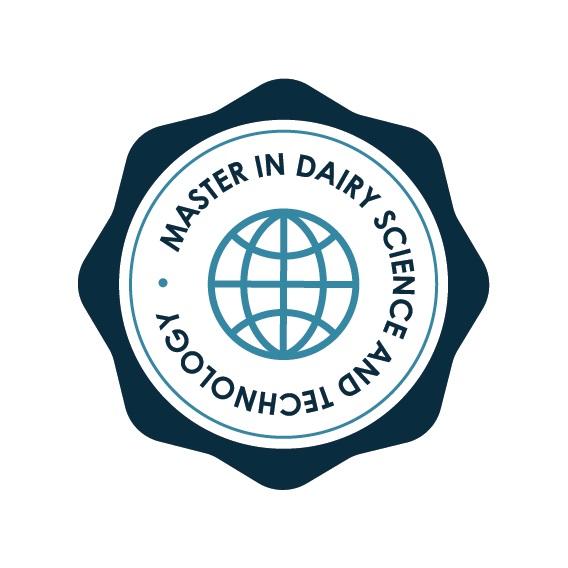


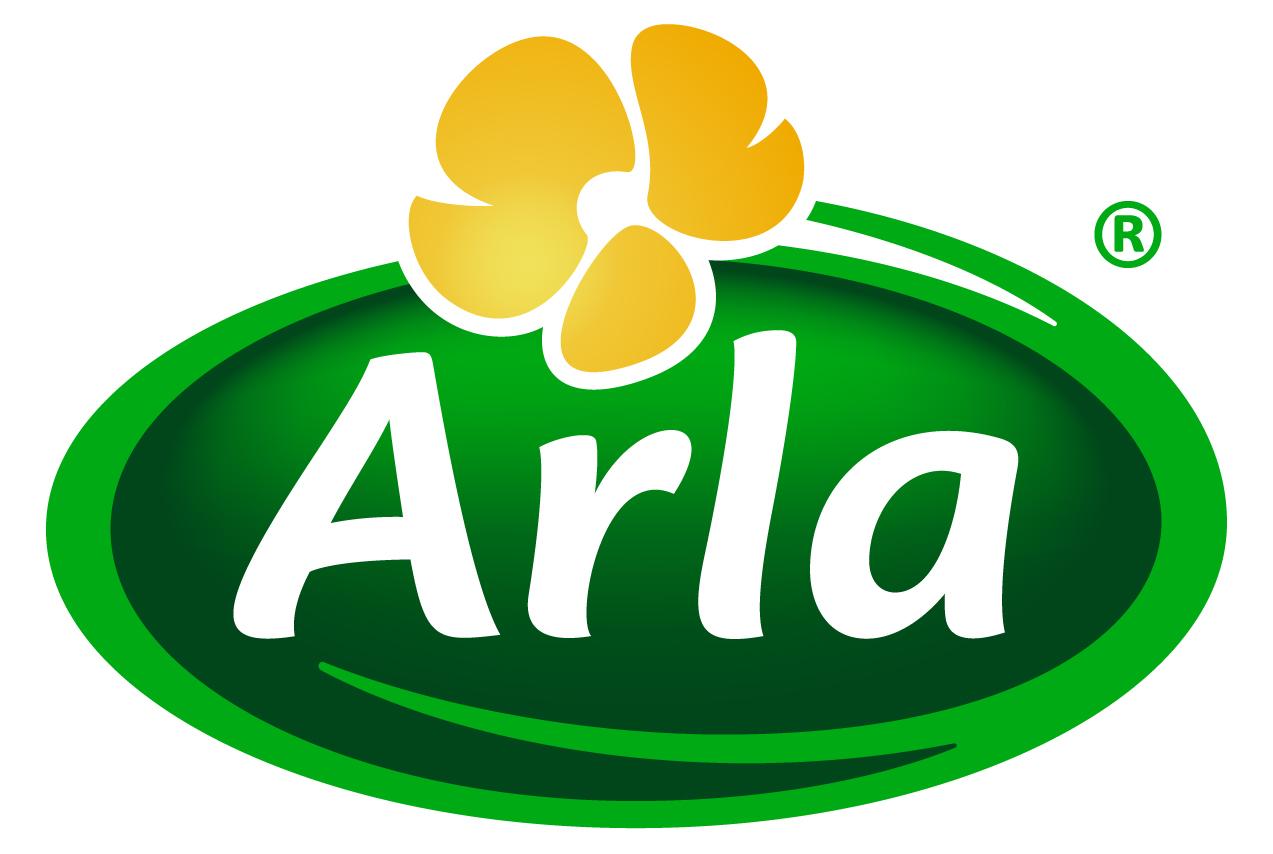

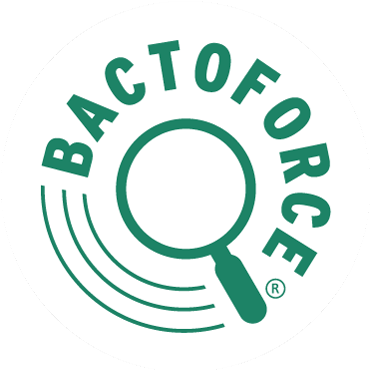

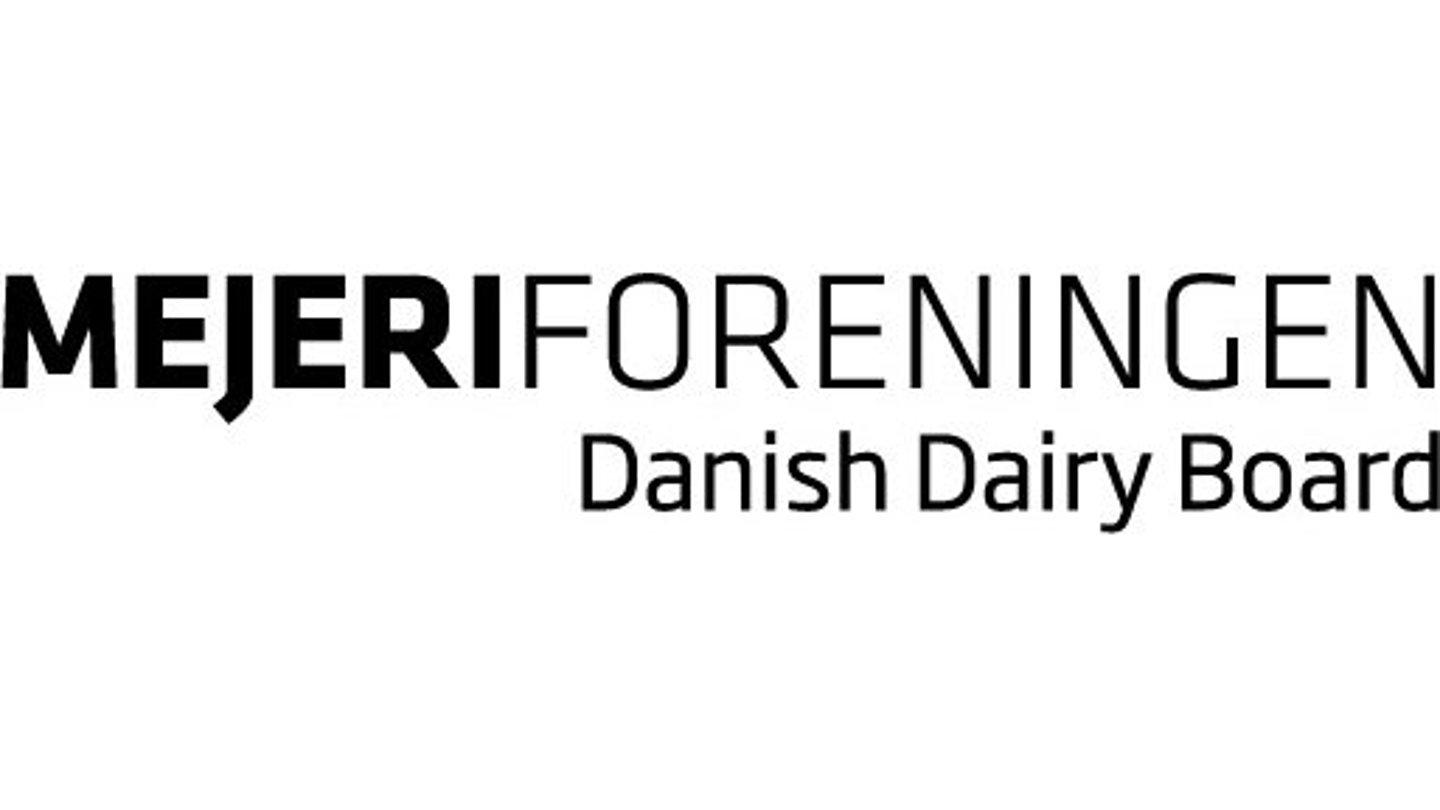
 Munkehatten 28
Munkehatten 28